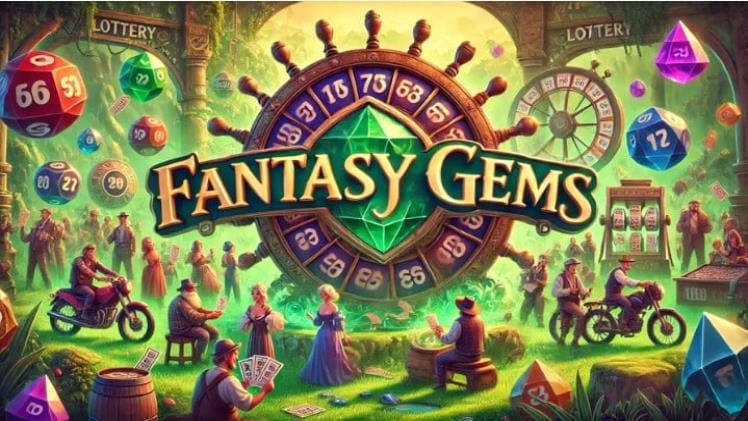Casinos are designed to be fun, thrilling, and sometimes, incredibly hard to walk away from. But why do people keep playing casino games, even when they know the odds are usually against them? The answer lies in psychology. From the sounds and lights of slot machines to the near-misses at a roulette table, casino games are carefully crafted to engage the human brain.
In this article, we’ll explore the key psychological triggers that make casino games so compelling—and how understanding them can help you GO88 more mindfully.
Table of Contents
1. The Power of Random Rewards
One of the most powerful motivators in the human brain is the concept of variable rewards—rewards that come at unpredictable times. This principle is seen in slot machines. Every spin has the potential to bring a big win, but there’s no way to predict when it will happen.
This unpredictability keeps players engaged. The brain releases dopamine (the “feel-good” chemical) not just when we win, but in anticipation of a possible win. This is similar to what happens in social media apps or Bắn Cá GO88—and it’s why some players can find slots especially hard to resist.
2. Near Misses Feel Like Wins
Another psychological trick is the near-miss effect. Imagine spinning a slot machine and just missing a jackpot by one symbol. Technically, you lost—but it feels like you almost won.
This “almost winning” can be more exciting than a clear loss. Studies show that near misses trigger similar brain responses to actual wins, encouraging continued play.
3. The Illusion of Control
Many casino games give players the feeling that they can influence the outcome. In games like craps or blackjack, players often develop rituals or strategies they believe will help them win.
While some skill-based games (like poker or blackjack) do allow for strategy, many others—like roulette or slots—are purely based on chance. Still, the illusion of control can make players feel more confident, even when the outcome is out of their hands.
4. Sensory Stimulation
Casino environments are carefully designed to create an immersive experience. Bright colors, flashing lights, and upbeat sounds all work together to keep players stimulated and focused, much like a malaysia online casino that aims to hold attention and enhance engagement.
Slot machines, for instance, are designed with celebratory sounds even for small wins, making the experience feel more rewarding than it actually is. The environment encourages players to stay longer and keep playing.
5. Losses Are Often Downplayed
Casinos also use psychological techniques to make losses feel less painful. For example:
- Using chips instead of cash makes spending money feel less real.
- Slot machines showing partial wins (like getting two out of three matching symbols) can make losses feel more like close calls.
- Frequent small wins keep spirits high, even if the player is losing money overall.
All these tricks are designed to encourage longer play sessions and more bets placed.
6. Gambler’s Fallacy
The gambler’s fallacy is the belief that past outcomes affect future ones. For example, if a roulette wheel lands on red five times in a row, some players believe black is “due” to happen next. In reality, each spin is independent.
This false belief can lead players to make riskier bets or keep playing longer than planned.
Final Thoughts
Casino games are fun, thrilling, and full of excitement—but they’re also carefully designed to keep you engaged through psychological tactics. Understanding how these games tap into human behavior can help you make smarter decisions and maintain control over your gambling habits.




